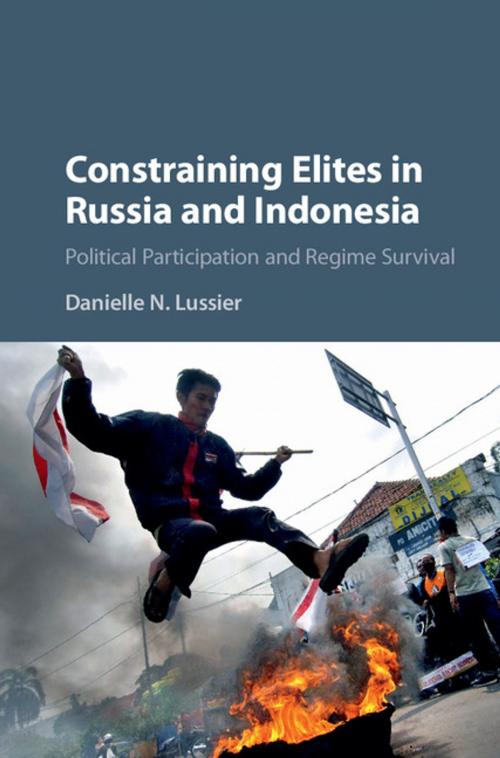Constraining Elites in Russia and Indonesia
Political Participation and Regime Survival
Nonfiction, Social & Cultural Studies, Political Science, International, Foreign Legal Systems| Author: | Danielle N. Lussier | ISBN: | 9781316028377 |
| Publisher: | Cambridge University Press | Publication: | October 13, 2016 |
| Imprint: | Cambridge University Press | Language: | English |
| Author: | Danielle N. Lussier |
| ISBN: | 9781316028377 |
| Publisher: | Cambridge University Press |
| Publication: | October 13, 2016 |
| Imprint: | Cambridge University Press |
| Language: | English |
This is a thought-provoking analysis on why democracy succeeds in some countries but not others, comparing the post-transition experiences of two cases of contemporary democratisation: Russia and Indonesia. Following authoritarian regimes, democracy eroded in Russia but flourished in Indonesia - so confounding dominant theories of democratisation that predicted the opposite outcomes based on their levels of socioeconomic development and histories of statehood. Identifying key behaviours and patterns of political participation as a factor, Lussier interweaves ethnographic interview and quantitative public opinion data to expand our understanding on how mass political participation contributes to a democracy's survival. The integration of both micro- and macro-level data in a single study is one of this project's most significant contributions, and will enhance its appeal to both researchers and instructors.
This is a thought-provoking analysis on why democracy succeeds in some countries but not others, comparing the post-transition experiences of two cases of contemporary democratisation: Russia and Indonesia. Following authoritarian regimes, democracy eroded in Russia but flourished in Indonesia - so confounding dominant theories of democratisation that predicted the opposite outcomes based on their levels of socioeconomic development and histories of statehood. Identifying key behaviours and patterns of political participation as a factor, Lussier interweaves ethnographic interview and quantitative public opinion data to expand our understanding on how mass political participation contributes to a democracy's survival. The integration of both micro- and macro-level data in a single study is one of this project's most significant contributions, and will enhance its appeal to both researchers and instructors.















